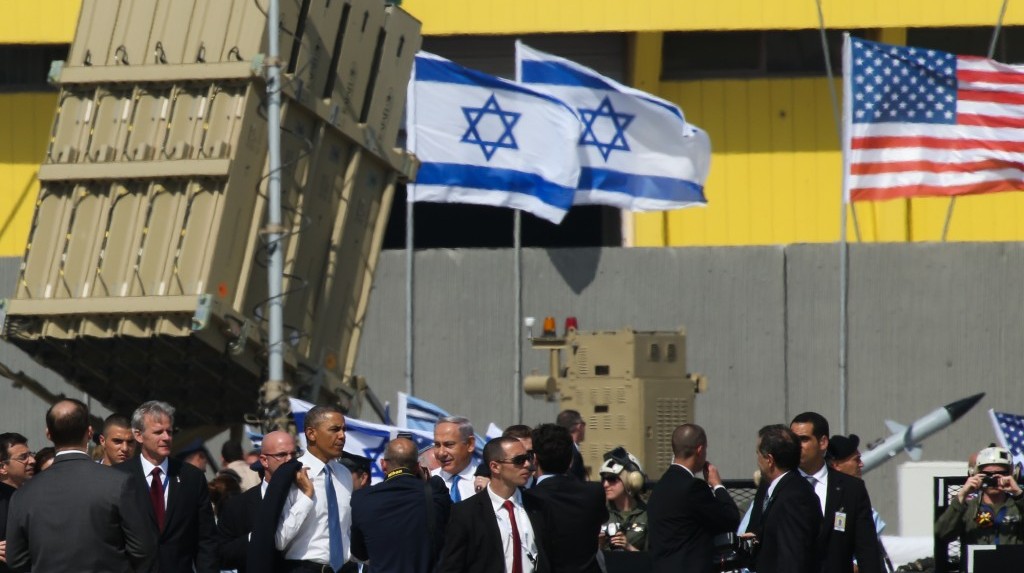In a recent voting session, US Senator Jeff Merkley opposed an emergency aid package intended for Israel, highlighting a moral dilemma. He expressed concerns about further arming Israel during its military campaign, which has resulted in a high number of civilian casualties in Gaza, particularly among women and children. Merkley’s decision reflects an internal struggle rooted in the ethical implications of augmenting Israel’s military capabilities amid ongoing conflict and humanitarian crises.

US Senator Jeff Merkley’s Moral Stand: Opposing Military Aid to Israel Amidst Gaza Conflict
Senator Merkley’s Stand: Rethinking Military Aid to Israel Ethics and Humanitarian Values
The senator’s stance reveals a deep-seated conviction that extending military aid to Israel could worsen the situation, indirectly contributing to the loss of innocent lives. His opposition puts into question the alignment of such aid with overarching humanitarian values, sparking a pertinent debate on the ethical responsibility of international actors in conflicts where civilian casualties escalate.
Merkley’s vote draws attention to the complexities surrounding foreign aid allocation, particularly in conflict-affected regions. The decision to withhold support underscores the intricate considerations policymakers face when evaluating the potential impact of aid on conflicts and civilian populations. It brings to the forefront the delicate balance between strategic alliances, humanitarian concerns, and the broader implications of foreign policy decisions.
READ ALSO: Why Department Of The Air Force And Space Force Reforms Need Urgent Budget Attention
Senator Merkley’s Stand: Rethinking Foreign Aid Ethics and Global Responsibility
This dissenting vote also presents an opportunity to delve into the broader discourse on international diplomacy and global responsibility. It prompts reflection on the ethical dimensions of foreign aid, emphasizing the need for rigorous scrutiny and critical evaluation of its implications.
Moreover, Merkley’s opposition amplifies the crucial role of conscientious decision-making in shaping international relations and underscores the imperative to prioritize human security and well-being in conflict resolution efforts.
READ ALSO: Unleashing Air Dominance: Introducing GA-ASI’s Gambit Series Of Autonomous Collaborative Aircraft

















































